A well-to-do French family living in Calais deal with a series of setbacks and crises while paying little attention to the grim conditions in the refugee camps within a few […]

A well-to-do French family living in Calais deal with a series of setbacks and crises while paying little attention to the grim conditions in the refugee camps within a few […]
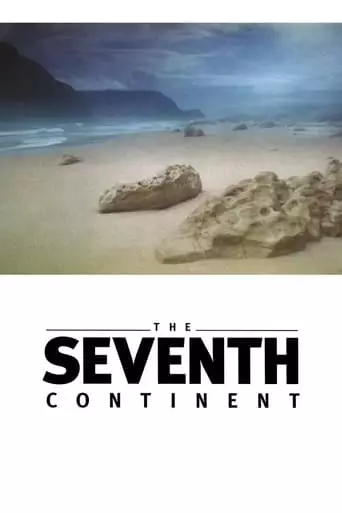
Chronicles three years of a middle class family seemingly caught up in their daily routines, only troubled by minor incidents. Behind their apparent calm and repetitive existence however, they are […]

A married couple is terrorized by a series of videotapes planted on their front porch.
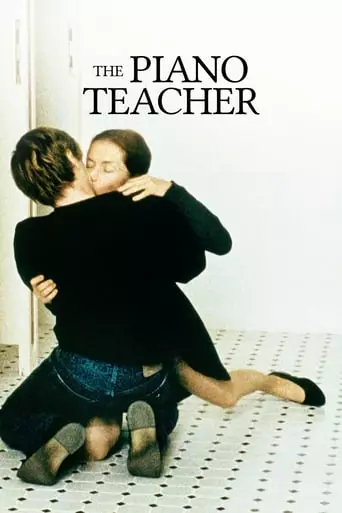
Erika Kohut, a sexually repressed piano teacher living with her domineering mother, meets a young man who starts romantically pursuing her.
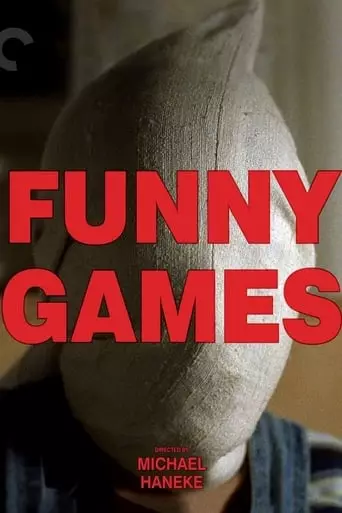
Two psychotic young men take a mother, father, and son hostage in their vacation cabin and force them to play sadistic “games” with one another for their own amusement. Funny […]
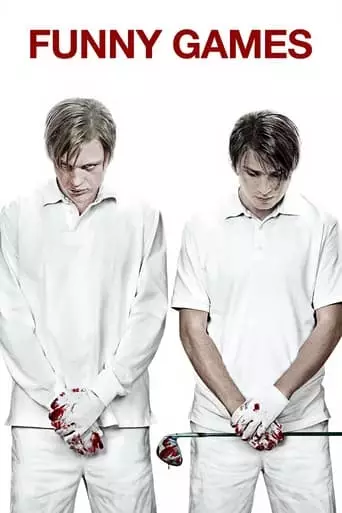
When Ann, husband George, and son Georgie arrive at their holiday home they are visited by a pair of polite and seemingly pleasant young men. Armed with deceptively sweet smiles […]
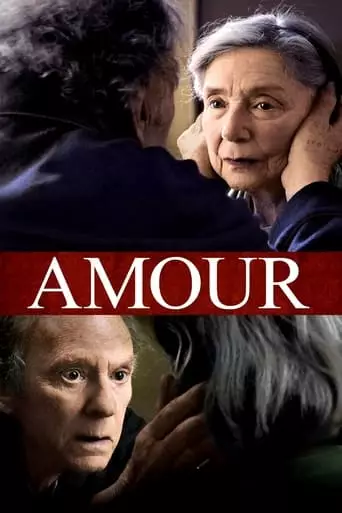
Georges and Anne are in their eighties. They are cultivated, retired music teachers. Their daughter, who is also a musician, lives abroad with her family. One day, Anne has a […]
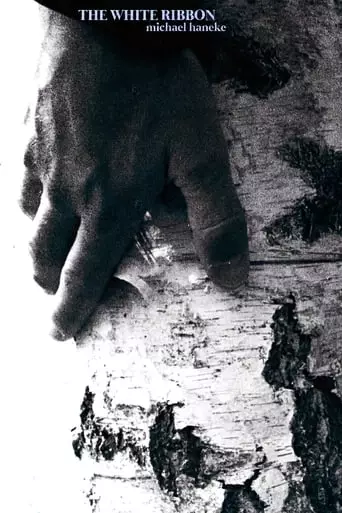
An aged tailor recalls his life as the schoolteacher of a small village in Northern Germany that was struck by a series of strange events in the year leading up […]
Michael Haneke: The Provocative Mastermind of Modern Cinema
Michael Haneke, born on March 23, 1942, in Munich, Germany, is a revered filmmaker and screenwriter known for his unflinching exploration of societal issues, human psychology, and the darker facets of existence. With a career spanning decades, Haneke has cemented himself as one of contemporary cinema’s most provocative and thought-provoking auteurs.
Renowned for films such as Funny Games (1997), Cache (2005), The White Ribbon (2009), and Amour (2012), Haneke’s work often challenges audiences with its stark realism, moral ambiguity, and confrontational narratives.
Early Life and Influences
Haneke grew up in Austria and studied philosophy, psychology, and drama at the University of Vienna. His academic background profoundly influenced his filmmaking style, characterized by intellectual rigor and a focus on human behavior.
Before transitioning to cinema, Haneke worked as a theater director and a writer for television. His experience in these mediums shaped his command of narrative structure and his ability to evoke tension and introspection.
Austrian Trilogy: The Seventh Continent (1989), Benny’s Video (1992), and 71 Fragments of a Chronology of Chance (1994)
Haneke’s first three films, collectively referred to as the Austrian Trilogy, established his reputation as a bold and uncompromising filmmaker:
The Seventh Continent:
Explored alienation and existential despair in modern society, following a family’s descent into nihilism.
Its minimalist approach and haunting depiction of monotony became hallmarks of Haneke’s style.
Benny’s Video:
A disturbing exploration of media violence through the story of a teenager’s obsession with videotaped brutality.
71 Fragments of a Chronology of Chance:
A fragmented narrative about random events leading to a tragic act of violence.
Breakthrough with Funny Games (1997)
Plot: A bourgeois family is terrorized by two young men during a vacation.
Themes: A scathing critique of media violence and audience complicity, Funny Games deliberately subverts expectations, breaking the fourth wall and forcing viewers to confront their own voyeuristic impulses.
Impact: Polarizing upon release, the film became a touchstone for discussions about violence in cinema. Haneke later directed a shot-for-shot English-language remake in 2007.
International Acclaim: Code Unknown (2000) and Cache (2005)
Code Unknown: Incomplete Tales of Several Journeys:
A mosaic of interconnected stories examining themes of privilege, communication breakdowns, and cultural divisions in modern Europe.
Its long takes and fragmented narrative highlighted Haneke’s mastery of visual storytelling.
Cache (Hidden):
Plot: A Parisian couple receives mysterious videotapes that unveil buried secrets from the husband’s past.
Themes: Explores guilt, repression, and France’s colonial history.
Recognition: Won the Best Director prize at Cannes and is widely regarded as one of Haneke’s finest works.
Oscar-Winning Success: The White Ribbon (2009) and Amour (2012)
The White Ribbon:
A black-and-white period drama set in a German village on the eve of World War I, examining the roots of authoritarianism.
Themes: Explored moral rigidity, collective guilt, and the seeds of violence.
Accolades: Won the Palme d’Or at Cannes and received Academy Award nominations for Best Foreign Language Film and Best Cinematography.
Amour:
A deeply moving portrayal of an elderly couple coping with the wife’s deteriorating health.
Impact: Showcased Haneke’s humanistic side while retaining his incisive perspective on life and mortality.
Awards: Won the Palme d’Or at Cannes, as well as the Academy Award for Best Foreign Language Film.
Other Notable Works
The Piano Teacher (2001):
A psychological drama about repression and self-destruction, featuring a career-defining performance by Isabelle Huppert.
Themes: Explores sexuality, power, and emotional fragility.
Reception: Won the Grand Prix at Cannes.
Happy End (2017):
A biting social satire focusing on a wealthy French family’s dysfunctions.
Themes: A commentary on privilege, alienation, and societal collapse.
Filmmaking Style and Themes
Haneke’s films are defined by their stark realism, precision, and thematic depth:
Moral Complexity: Refuses to provide easy answers, often leaving moral questions unresolved.
Austerity: Minimalist visuals and restrained performances heighten the tension and emotional impact.
Audience Engagement: Haneke often implicates viewers, forcing them to confront uncomfortable truths about themselves and society.
Recurring Themes: Alienation, violence, memory, and the human condition.
Legacy and Influence
Michael Haneke is celebrated as one of the most intellectually rigorous and uncompromising directors in contemporary cinema. His ability to challenge conventions while delivering powerful, resonant narratives has inspired countless filmmakers.
While some critics view his work as austere or confrontational, others praise its honesty and profound insights into human nature. Haneke’s films continue to provoke debate and analysis, ensuring his place as a defining voice in modern cinema.
Conclusion
Michael Haneke’s body of work is a testament to the transformative power of cinema. By exploring uncomfortable truths and delving into the complexities of human behavior, Haneke has crafted films that are as intellectually engaging as they are emotionally profound. In a medium often dominated by escapism, his commitment to challenging and confronting his audience ensures that his legacy will endure.